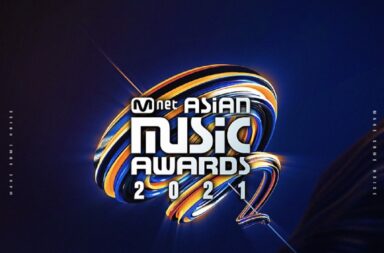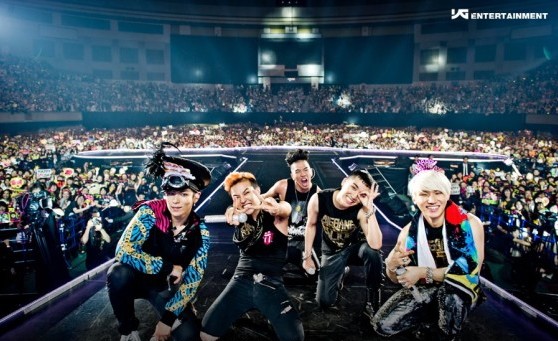For us non-Koreans (and maybe some Koreans alike):
In a country where you would have to buy airplane tickets to see your favourite idols in their ‘natural’ habitat (i.e. South Korea), you sometimes wonder how you knew of their awesome existence in the first place. You then think back on your earliest contact with K-pop and realise that it was simply blissfully love at first sight.
BAM! You, my good friend, have been struck by the Hallyu wave.
Let me take my experience as an example for this. Because of a friend, I was hooked on to the world of extremely large boy-bands and girl-bands in June 2008, when I was living in a land so far and different from Korea. This wasn’t my first dabble in K-pop though; I knew of their presence a couple of years before that, and, to be honest, I wasn’t interested in it at all. The song that undid my layers of dislike towards K-pop was Noona Nomu Yebbuh (Replay) by the prized rookie group of that year, SHINee. Thank you, SHINee, for letting me see the light. I wasn’t interested in the fact that they wore brightly coloured skinny jeans to perform, but I was amazed at the amount of talent these kids had. Their song was great, their voices were great, and they seemed quite professional. Little did I know that they were only one of the many artists that shared these same qualities too.
Maybe this is how most international fans became love-bitten. All we needed was an artist that we could relate to, fully equipped with charisma, stunning looks, voices, and all sorts of other talents. But with this, we have to give some credit to the entertainment businesses that have yielded these great harvests. This new ‘global’ era has allowed these companies to understand that the overseas market is as advantageous as their own national market. These businessmen are smart enough to understand the type of entertainment that not only the Koreans want, but also what the non-Koreans prefer.
A great example would be with SM and their golden kids, TVXQ and BoA. These two artists have both achieved a high amount of popularity and recognition in Japan with albums on the top of the Japanese Oricon chart. Thanks to SM’s intelligent marketing, BoA’s reaching out to America now, as well as JYP’s Wonder Girls, YG’s Se7en, and also, my personal favourite, POP/UP’s Wheesung.
Competition between rival businesses has, in addition, somehow assisted in sparking the interest of non-Koreans towards the entertainment industry. This extra drive pushes the company to create the best music and talent around. Good music equals to masses of fans. Masses of fans equal to both the Hallyu wave, bringing Korean pride, and to more profit. Now who would criticise this process of production when nearly everyone is at a win-win situation?
To always spruce things up and keep things fresh, these entertainment companies are always ready to bring something new to the table too. For example, 2NE1 has certainly been a breath of fresh air for the music scene. International fans flock at them for their distinctive hip-hop Western style and their multilingual abilities—YG has done a fantastic job indeed. Other companies follow suit too, and have been as successful.
However, new concepts aren’t the only thing that fascinates international fans. Non-Korean artists would always be one of the main attractions as well. With celebrities like Hankyung of Super Junior, Jang Ri In, Victoria and Amber of f(x) and Nichkhun of 2PM inhabiting the K-pop world, citizens of their native soil would easily be lured into trying their music. Of course, by trying their music and actually enjoying it, the natural thing to do next is to listen to other K-pop artists. If their music is successful, then that means that the company has done a good job. Thus, again, good music equals to masses of fans, and the process repeats.
I must praise the clever people of the entertainment industry for being able to allow the Hallyu wave to crash so many shores of the world. The impact they have made on Eastern countries is obvious, and I’m quite sure that it will become more apparent in the Western countries soon. So if you’re an international fan out there, how did you first become love struck by the diverse scene of Korean music? Did they catch you with their terrific beats and appealing image? Or was it just because of their marketing technique that built up the hype? Then, did they manage to influence you to take your friends to the Hallyu sea too? Because that’s what K-pop is— it’s like a chain reaction. It’s powerful, and you know you must handle it wisely when preaching the word.




